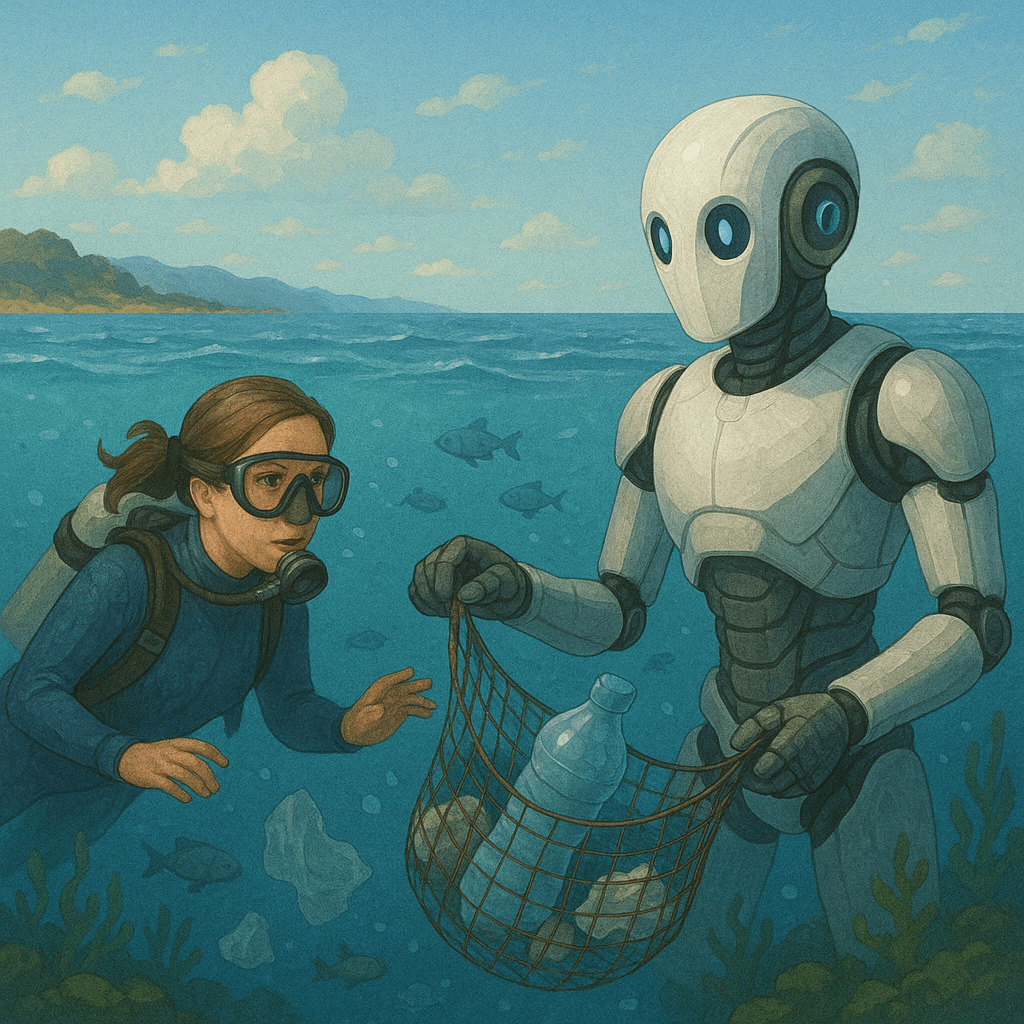The Next Climate Revolution Is Youth-Led—and Powered by Artificial Intelligence
The convergence of youth activism, environmental restoration, and artificial intelligence represents a profound paradigm shift in how emerging technologies can address global challenges. By...
